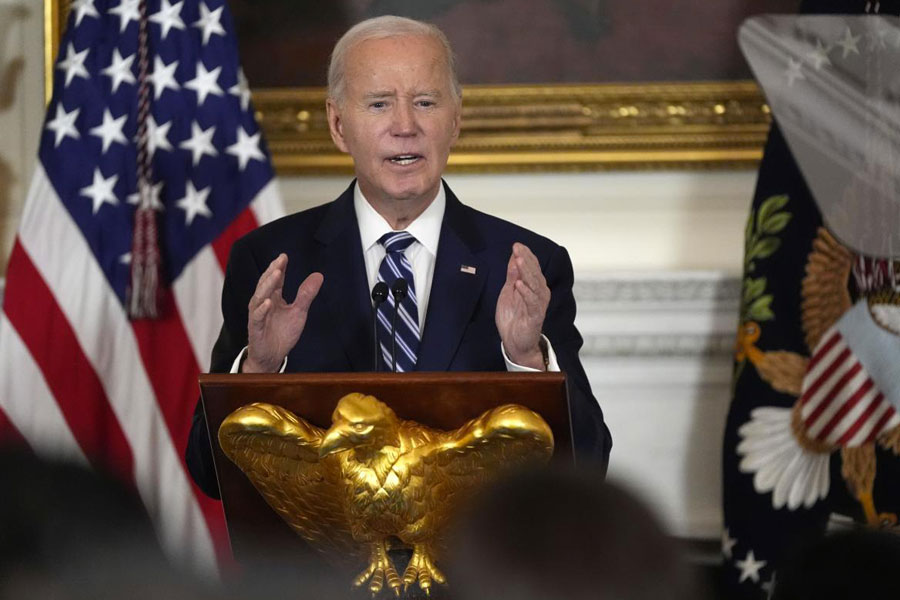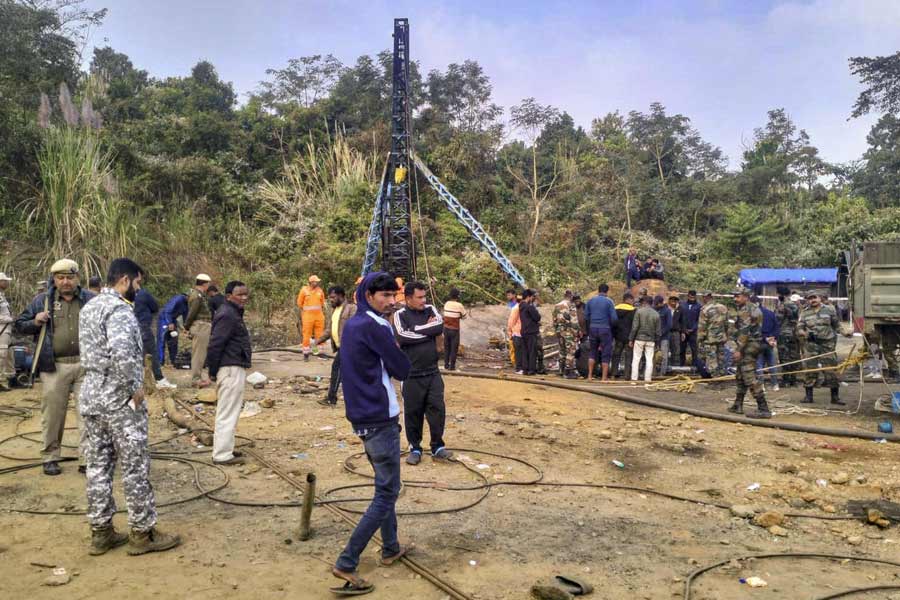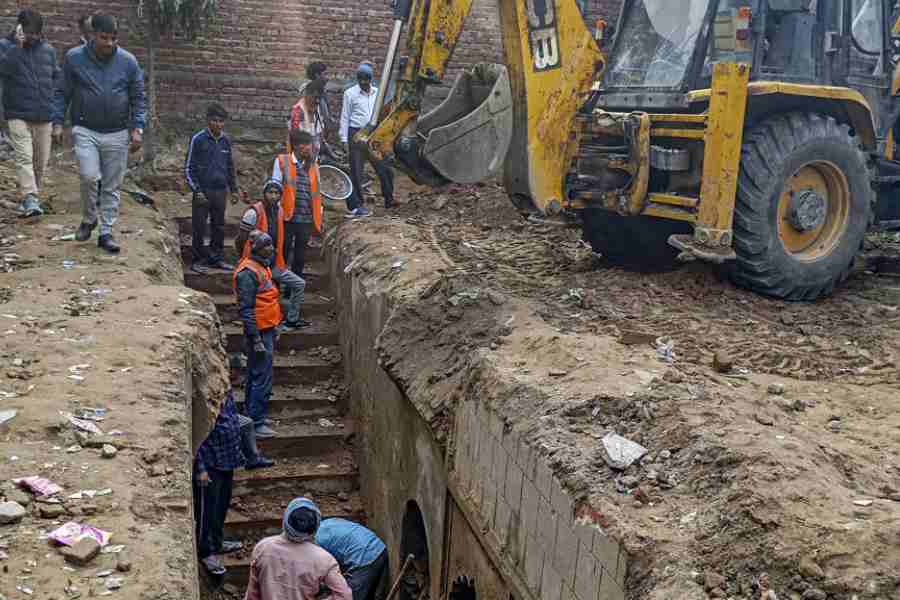Six days into August, teachers and staff of two central universities dedicated to Sanskrit education are yet to receive their salaries for July.
Private schools say they can’t pay teacher salaries because parents are refusing to pay the school fees, citing the coronavirus-induced classroom closure. Many private colleges are sending their teachers on unpaid leave.
The education sector at large is reeling amid a pandemic-hit economy, although the reasons for the salary delay at the Sanskrit universities are not clear.
The delay has shocked the 400-plus regular and contract teachers and the about 100 other employees at the Delhi-based Shri Lal Bahadur Shastri National Sanskrit University and the Central Sanskrit University (CSU).
“Never has such a delay happened before. At the end of the financial year in March, the salary is sometimes delayed by a day or two. Otherwise, we always get the salary on the last working day of the month,” a teacher at the Shastri University said.
“Luckily, I had the required amount in my bank for my EMI, which I pay on the fifth of every month. I shall have to borrow money for the rest of my expenses.”
Both these premier Sanskrit-teaching institutions were upgraded in April from deemed university to central university through a law enacted earlier this year.
A contract teacher at the CSU said the salary delay wasn’t the only issue. Immediately after the institution became a central university, all the 160 contract teachers on its 12 campuses had to wait without work or pay for over two months.
A teacher said that previously, the teachers’ yearly contracts started with the academic session in mid-June and ended with it in mid-May, meaning they were unpaid for a month.
“We had expected our jobs to be regularised after our institution became a central university. But this year our contracts were not renewed for two months, and we had no salary from May 18 to July 21,” the teacher said.
Shastri University vice-chancellor Ramesh Pandey said the University Grants Commission had not released the salary funds this month.
“It will come soon; I have checked with the UGC. They have sanctioned the funds. For some reason it could not come on time,” he said, without elaborating.
Neither the commission nor the education ministry answered emails seeking the reasons for the delay.
Teachers and staff of 12 colleges under Delhi University have not received their salaries for the past three months, either. These colleges are funded by the Delhi government, which has withheld funds on the ground that their governing bodies are vacant.
The colleges have received notices threatening to cut their electricity, telephone and Internet connections if they don’t clear their bills.
Private schools
About half the parents, on an average, have defaulted on fee payment in the past four months, several school principals said.
Such default is higher in the rural areas where the online classes are grappling with problems like poor Internet services, lack of gadgets, unhelpful home environments and power failures. Besides, the lockdown has hit incomes, constraining the parents’ ability to pay the fees.
Amit Kumar Srivastava, principal of the Lotus Public School in Pipraich town of Gorakhpur district, Uttar Pradesh, said that 90 per cent of parents had since March not paid the monthly fees, which range between Rs 400 and Rs 600.
“The parents are hesitant about online classes. They say they would resume paying after the school reopens,” Srivastava said.
He said the school’s 18 teachers had been asked to look for alternative jobs till normal classes resumed. If the situation doesn’t improve in a few months, he said, the school will close down.
Ashok Pandey, director of the Ahlcon Group of Schools in Delhi, too complained of unpaid student fees.
“Private schools are funded entirely by the fees the parents pay. The courts have not given the parents any relief; many state governments also agree in principle that the parents must pay fees, albeit a reduced amount. That should be acceptable to the parents,” he said.
“Fee payment is an unwritten trust deed that must not be breached. The schools too must examine the individual hardship of the parents.”
The Arvind Kejriwal government in Delhi has said the private schools can only charge tuition fees but have to pay full salaries to teachers and other staff. Srinivasan Sriram, principal of The Mann School, and Pandey said this was “not feasible”.
“Fee compliance by the parents is about 50 per cent. Many schools cannot pay full salaries because they haven’t the money,” Sriram said. “Some parents may genuinely be facing difficulties but several others may be taking advantage of the coronavirus crisis.”
Leave without pay
A private college in Odisha asked its teachers to go on leave without pay as early as April. “I’m still on leave without pay; the college will inform me when to rejoin,” one of the teachers said.
He said most private colleges had adopted this strategy while some had forced teachers to resign.
The All India Council of Technical Education has received complaints of salary default and issued a public notice asking institutions to desist from such practice.
H. Chaturvedi, alternate president of the Educational Promotion Society of India — an association of private professional institutions — said these colleges were in a crisis.
“In several countries the governments have given (an economic) package to educational institutions, including private institutions. But the financial package announced by the (Indian) government offered no relief to the stressed private educational institutions,” he said.
“Institutions that need help should be provided with working capital at zero to five per cent interest, repayable in the next five years. The government should frame a policy on this,” Chaturvedi said.










